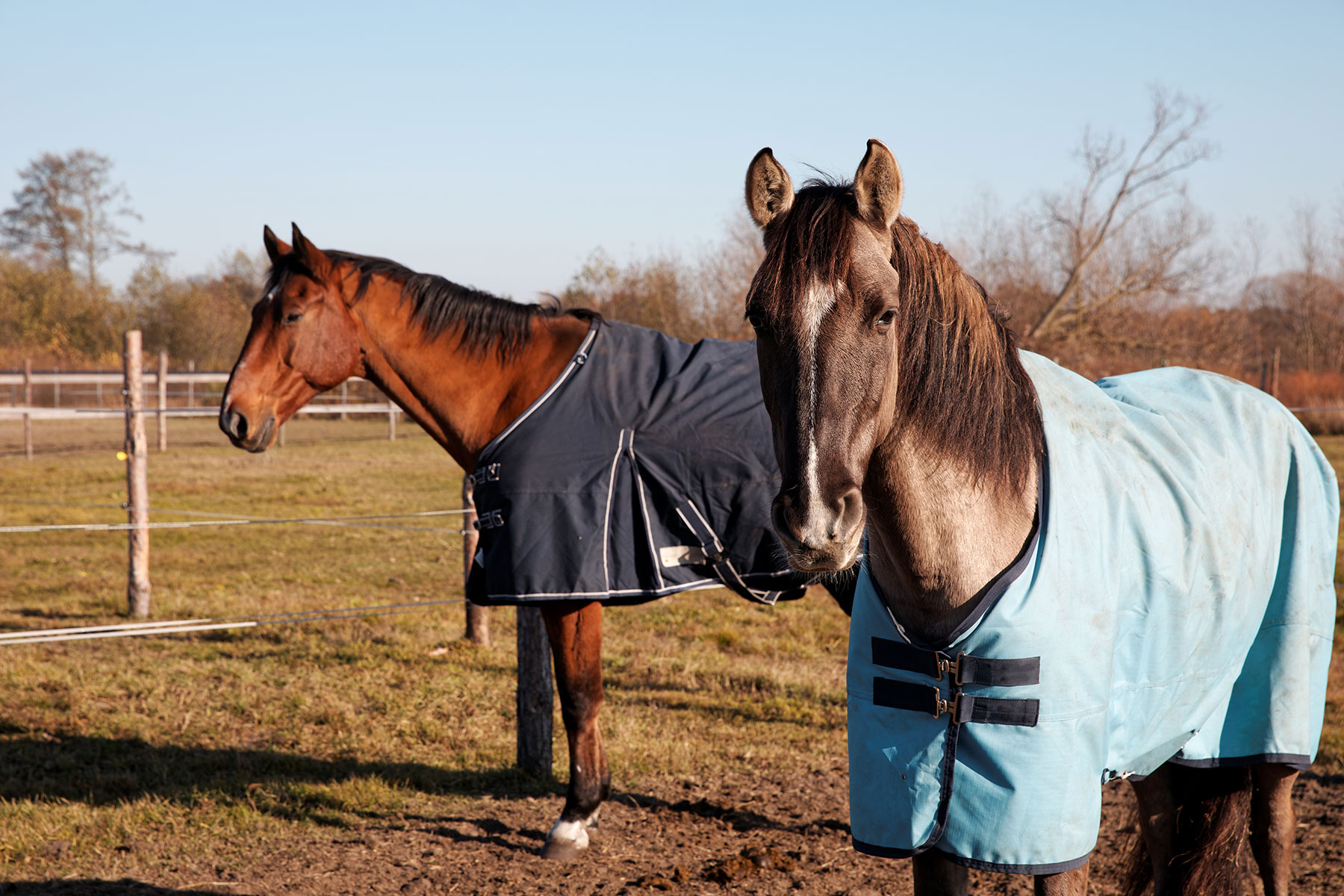During winter, the challenges of caring for senior-aged horses become more pronounced. With colder temperatures, biting winds, and potential ice, it’s crucial to prioritize the well-being of our older equine companions. By implementing a few of our tips, you can help senior horses not only survive but thrive during the winter months.
Maintain Water, Salt Licks, and Fresh Food
- Winter weather often brings about changes in feeding and hydration patterns for horses. Senior horses, in particular, may have specific dietary needs that require extra attention. To ensure their well-being, focus on the following:
- Hydration is Key: Cold weather doesn’t diminish a horse’s need for water. Ensure that their water source remains unfrozen, providing them with access to fresh and clean water at all times. Consider using heated water buckets or tank heaters to prevent freezing.
- Salt Licks: Senior horses may require additional salt intake, especially during winter. Salt helps maintain hydration and supports overall health. Provide access to salt licks in different locations, while ensuring they are not frozen or inaccessible.
- Balanced Nutrition: Adjust their diet as needed to help cope with the colder weather. Include high-quality hay and possibly senior horse feeds to meet their unique requirements. Keep in mind that if your hay is low quality during the winter, your horse will opt to eat less of it.
Carefully Monitor Their Condition, Food Intake, Mood, and Fecal Output
- Regular monitoring is crucial during winter, as changes in weight, food intake, and demeanor can signal potential health issues. Keep a close eye on your senior horse by:
- Body Condition Scoring: Regularly assess their body condition to ensure they are maintaining a healthy weight. Adjust their diet accordingly if you notice weight loss. Feel over the crest, withers, ribs, back, and around the tail head to make sure your horse isn’t losing body fat.
- Food and Water Intake: Monitor your horse’s food and water consumption daily. A decrease in appetite or water intake can be indicative of underlying health problems, or an issue with what you are feeding them. Keeping your horse well-fed and hydrated during the winter months is essential for their long-term health.
- Behavioral Changes: Pay attention to changes in demeanor or mood. Signs of discomfort, stiffness, or lethargy may require equine veterinary attention. If your horse shows these signs, consider taking actions to improve their well-being, such as giving them new varieties of food, giving them warm shelter from the elements, and socializing with other horses.
- Fecal Output: Keep a close eye on the fecal output of your horse to ensure they’re receiving the nutrients they need. If your horse shows signs of malnourishment through their fecal output, give your equine veterinarian a call immediately to discuss further treatment options.
Blankets and Shelter
- Providing proper shelter is essential to protect senior horses from the harsh winter elements. Consider the following measures:
- Weather-Resistant Shelter: Ensure your senior horse has access to a sturdy and well-insulated shelter. This protects them from rain, wind, and ice. A three-sided run-in shed can offer plenty of protection while allowing them to move freely. If your horse has trouble finding their shelter, clear a path using hay, gravel, or dirt to assist them.
- Appropriate Blanketing: Some senior horses may benefit from the use of blankets, particularly if they have trouble maintaining body warmth. However, it’s essential to choose the right type and fit. Consult with your veterinarian to determine if and when to blanket your senior horse.
- Regular Grooming: Keep your horse’s coat clean and well-groomed to maximize its insulating properties. Remove mud and dirt to help them maintain body heat more effectively. Matted hair can destroy the healthy coat of a horse, leaving it exposed to numerous health problems alongside compromising its internal body heat.
Winter care for senior horses requires a proactive approach that addresses their specific needs. By maintaining water sources, providing balanced nutrition, monitoring their well-being, and offering appropriate shelter, you can ensure your senior equine companions stay healthy and comfortable throughout the winter months. Always consult with your veterinarian or equine hospital near you for personalized advice tailored to your horse’s individual requirements.
